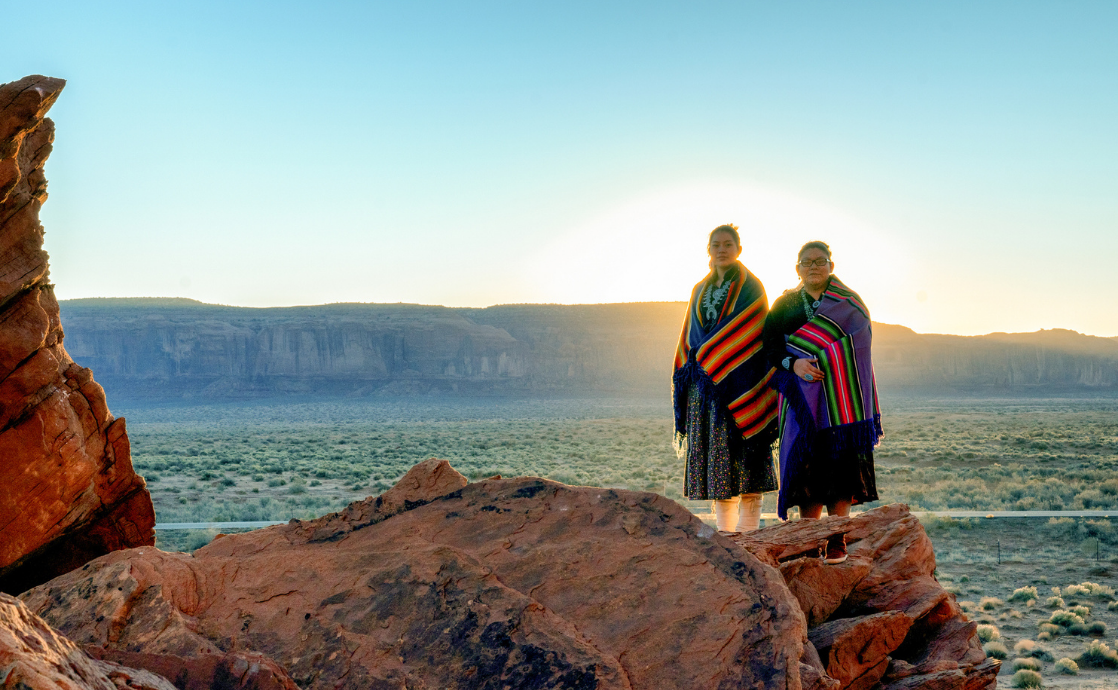The Bahá’í Faith, with its intricate tapestry of teachings, transcends geographical and cultural boundaries, offering profound insights into the nature of humanity and the universe. At its core, a significant theme emerges—the concept of knowledge as a luminary that illuminates the path for individuals and communities alike. What does it mean to regard knowledge as a guiding light, particularly in a world increasingly fraught with misinformation and polarization? This exploration prompts a reflective inquiry into both the promise and the challenge posed by the pursuit of knowledge in the context of Bahá’í teachings.
The word “luminary” connotes a source of light and inspiration. In Bahá’í literature, knowledge serves as such a light, encouraging individuals to seek truth, cultivate understanding, and foster unity within diversity. This notion posits that knowledge is not merely an accumulation of facts or figures but a dynamic force that nurtures personal growth, societal advancement, and ultimately, global harmony. Encouraged to delve into the depths of knowledge, Bahá’ís are called to engage with various fields of inquiry—from the sciences to the arts, from philosophy to social sciences—underscoring the Faith’s holistic view of knowledge.
However, the quest for knowledge is fraught with complexities. It prompts an essential question: To what extent does the possession of knowledge equip individuals to navigate the multifaceted challenges facing humanity today? Knowledge can be empowering, yet without the accompanying virtues of humility, discernment, and ethical responsibility, it can also lead to division and conflict. This paradox highlights a critical challenge: how to ensure that the pursuit of knowledge remains a source of enlightenment rather than a means of alienation or disillusionment?
In Bahá’í teachings, a fundamental principle is the unity of humanity. This ethos extends to the view of knowledge as a collective endeavor rather than a solitary pursuit. Sharing knowledge fosters collaboration, the weaving of disparate threads into a coherent fabric of understanding. The Bahá’í community encapsulates this through diverse educational initiatives aimed at addressing community needs and local realities. Furthermore, by integrating scientific knowledge with ethical considerations, Bahá’ís are called to nurture a culture of learning that promotes social justice and equitable development.
An additional facet of Bahá’í perspectives on knowledge pertains to its spiritual dimension. The relationship between knowledge and spirituality is profound; the Bahá’í writings emphasize that the pursuit of material knowledge must be harmonized with spiritual growth. In this context, knowledge becomes a tool for spiritual enlightenment, enabling individuals to refine their moral compass and act with purpose. As such, the vibrant interconnection between knowledge and spirituality is essential for fostering an enlightened citizenry capable of contributing to the common good.
Moreover, the assertion that knowledge serves as a “luminary” implies a responsibility for those who are enlightened to guide others. This role necessitates not only intellectual acumen but also emotional intelligence and cultural sensitivity. It beckons the inquiry: how might one responsibly wield the light of knowledge when addressing global issues such as climate change, social inequality, and interfaith dialogue? Successful navigation through these intricate matters requires a capacity for empathy, active listening, and an ongoing commitment to inclusivity.
As progress unfolds, the role of formal education becomes increasingly critical. In the Bahá’í perspective, education is seen as a fundamental right and a mechanism for liberation. Quality education creates a fertile ground for informed citizens—a prerequisite for meaningful participation in democratic governance and social change. It is imperative to confront the challenge of educational inequity, ensuring that the light of knowledge is accessible to all, regardless of socioeconomic status. Encouragingly, Bahá’í-inspired educational initiatives across the globe reflect a commitment to this principle, promoting innovative pedagogical methodologies that foster critical thinking and ethical reasoning.
In contemporary discourse, the rise of technology and the proliferation of digital information platforms yield both unprecedented opportunities and significant challenges in knowledge acquisition and dissemination. The “information age” offers vast resources; however, it also fosters a cacophony of voices, some of which propagate misinformation. Thus, the Bahá’í teachings call for discernment in navigating this landscape. A critical assessment of sources and an evaluative approach towards information are vital competencies in a world inundated with competing narratives. The virtues of inquiry, critical thinking, and a reliance on established principles become central to discerning the veracity and utility of knowledge.
Ultimately, the Bahá’í view of knowledge as a luminary evokes a vision of a harmonious global society where individuals uphold truth and cultivate understanding across divisions. A transformative potential exists in collective endeavors grounded in the luminous principles of love, unity, and service. The interplay between knowledge and action becomes a beacon, guiding individuals towards solutions that reflect ethical considerations and a commitment to the common good.
In conclusion, the pursuit of knowledge in the context of Bahá’í teachings extends beyond mere accumulation; it embodies a holistic, ethical, and communal enterprise. The interplay of knowledge and spirituality creates fertile ground for personal and societal transformation. Yet, as we seek to harness this luminary force, we must remain vigilant against the pitfalls that accompany knowledge, ensuring that our collective journey toward enlightenment is marked by humility, integrity, and an unwavering commitment to human dignity. Thus, by asking ourselves how we might navigate the challenges posed in our quest for knowledge, we reaffirm our devotion to a future illuminated by understanding and guided by an inclusive, compassionate vision of humanity.
